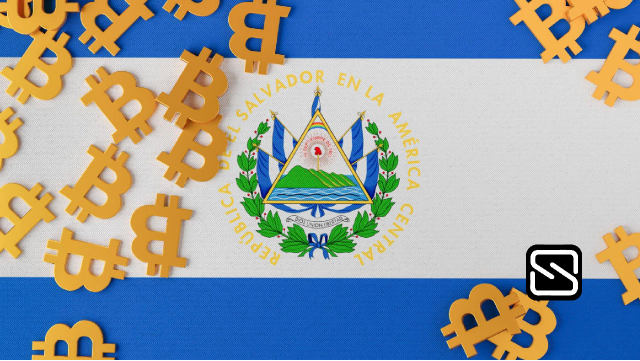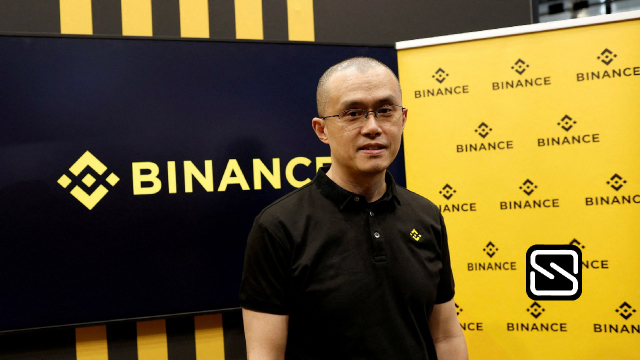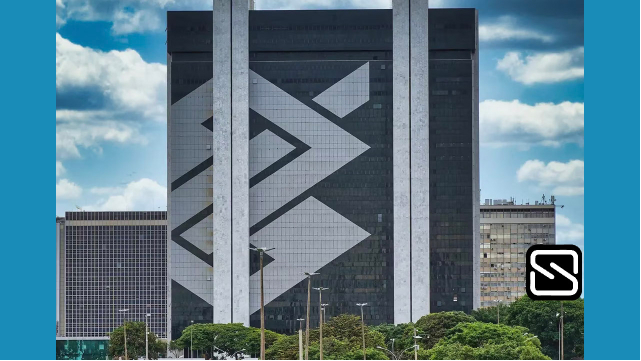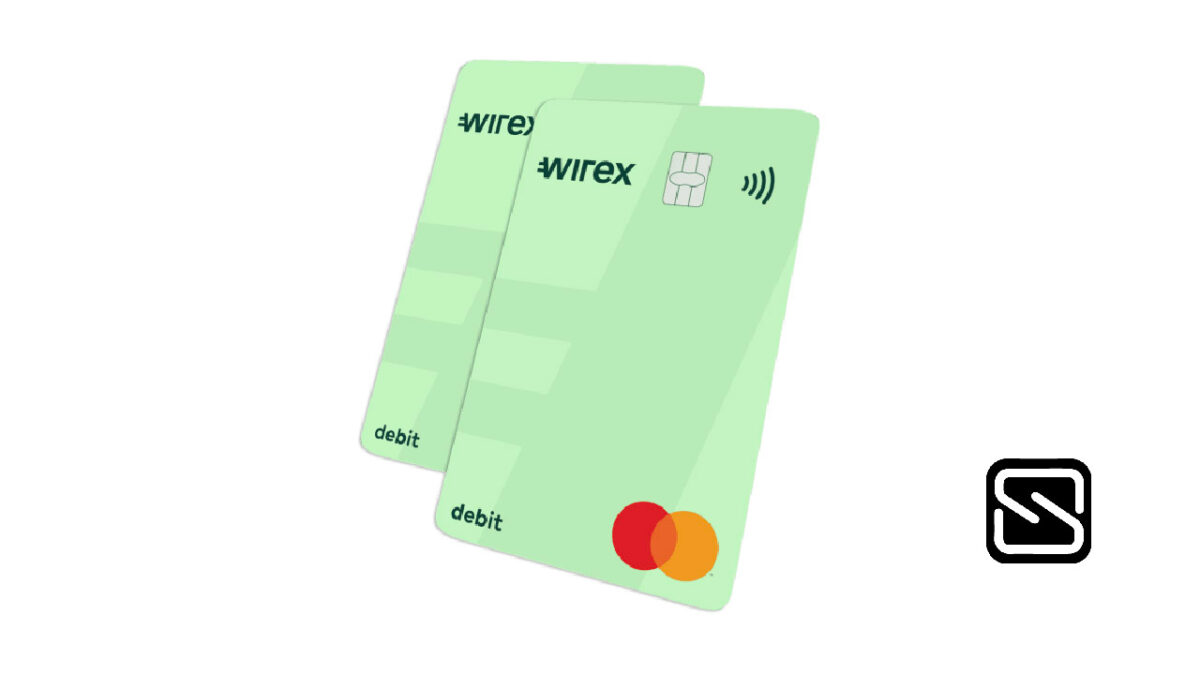To help bitcoin mining businesses meet their high energy demands, KenGen, a subsidiary of the Kenya Electricity Generating Company PLC, is prepared to offer them its extra geothermal energy.
The majority of KenGen’s energy comes from renewable resources. The business claimed that bitcoin miners were contacting it to purchase its energy.
Due to Africa’s untapped potential for renewable energy, bitcoin companies are interested in setting up shop there. Recently, the world has become motivated to stop oil and gas exploration in order to protect the planet from the nearly irreversible climate changes as a result of the COP26 conference held in Glasgow, Scotland, United Kingdom.
Given that there are no bitcoin mining companies in Africa, the businesses that have contacted KenGen are likely from the United States and Europe.
To help bitcoin mining businesses meet their high energy demands, KenGen, a subsidiary of the Kenya Electricity Generating Company PLC, is prepared to offer them its extra geothermal energy. KenGen, an electricity generation company, is prepared to supply bitcoin mining businesses with any extra geothermal energy they require to meet their high energy needs.
The world’s largest adoption of bitcoin is in the United States. However, in March 2022, President Biden issued an executive order with the aim of regulating cryptocurrency in its most powerful form.
In order to reduce Bitcoin’s and other proof-of-work cryptocurrencies’ energy use and carbon footprint, the Biden-Harris administration is developing policy recommendations.
In the US, the conditions for operating cryptocurrency miners are deteriorating. As a result, more miners are choosing to settle in Africa.
The main geothermal power plant in Olkaria, Naivasha, will have miners set up in the company’s energy park, according to KenGen. The station is located 123 km from Kenya’s capital, Nairobi.
According to Peketsa Mwangi, KenGen’s director of geothermal development, the company has sufficient space and is close to a power source, both of which contribute to the stability of the energy park.
The action could be a significant step toward addressing the rising carbon emissions from cryptocurrency mining, which consumes more energy than entire nations like Argentina, which has a population of 45 million. Bitcoin, the largest crypto, consumes over 150 TWh annually. Kenya’s geothermal potential topples 10,000 Megawatts.
Africa’s top producer of geothermal energy is Kenya, with an installed capacity of 863 Megawatts. The majority of this energy comes from KenGen. However, the Rift Valley contains an estimated 10,000 MW of potential production for the entire nation.
KenGen generates 80% of its energy from renewable sources, including hydropower, wind, and solar energy. However, the business hasn’t yet revealed its excess power capacity. Peketsa Mwangi said power requests from the bitcoin miners have varied so far. Some people have asked for the option to start with 20 MegaWatts and increase the power later.
Over 204 TWh of energy are used annually worldwide in the production of bitcoin. Because of this, mining bitcoin annually produces about 22.5 million tonnes of carbon dioxide emissions. The decision by China to ban cryptocurrencies has helped the US become the largest bitcoin miner in the world (35 percent).
Due to its Proof-of-Work system, Bitcoin mining uses a lot of energy. The second-largest cryptocurrency by market cap and price, Ethereum, has adopted the proof-of-stake (PoS) system. According to Ethereum, PoS cuts its energy use by 99 percent.
KenGen claims that providing clean energy from renewable sources lowers carbon emissions brought on by cryptocurrency mining.









